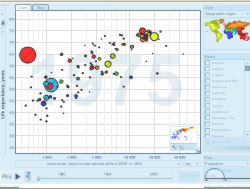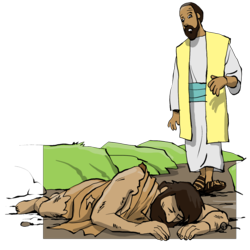 According to a draft World Bank Report, violence, mostly directed at women, remains a significant problem in Kenya. The violence includes rape in schools, under-age prostitution, land clashes and political thuggery. It is estimated that 10 percent of young women in Kenya have attempted suicide. This seems to be a remarkable figure, as males are normally more prone to suicide attempts in other countries.
According to a draft World Bank Report, violence, mostly directed at women, remains a significant problem in Kenya. The violence includes rape in schools, under-age prostitution, land clashes and political thuggery. It is estimated that 10 percent of young women in Kenya have attempted suicide. This seems to be a remarkable figure, as males are normally more prone to suicide attempts in other countries.
Vigilante groups are often set up as a response to the perceived inadequate official response to general lawlessness, and perceived corruption of law enforcement agencies and the judiciary. Police action in response to crimes often occurs in a random manner, and there is little public confidence that the actual offenders are ever arrested. Unfortunately scapegoats often suffer beatings and death at the hands of vigilantes and police.
Around 650,000 children are orphans, primarily as a result of AIDS. All up, it’s a pretty grim picture. No matter how much foreign aid is made available, it will not be possible to eradicate extreme poverty in Kenya until the systemic elements which cause poverty are eliminated. Violence and lawlessness are key systemic issues which result directly in poverty.





